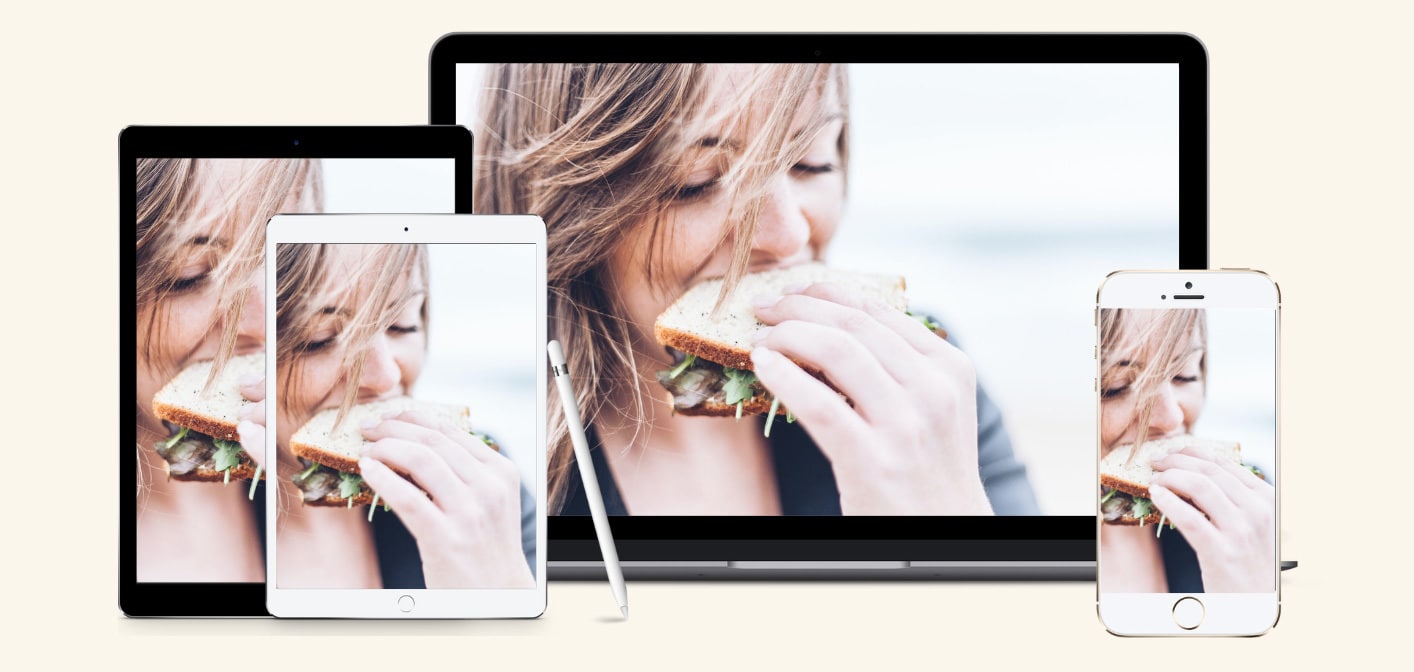If someone you care about is struggling with binge eating, you’re not alone in wanting to help. But knowing how to support them can feel daunting. You might worry about saying the wrong thing or second-guess the best next step.
At Nude Nutrition, we understand these feelings. Supporting a loved one facing binge eating or Binge Eating Disorder (BED) is a powerful act of compassion. Your role can truly make a difference in their healing journey.
In this guide, we’ll walk you through positive, judgement-free ways to help. We’ll also highlight trusted external resources and offer guidance that respects both your loved one’s struggles and their autonomy.
What Is Binge Eating and What Is Binge Eating Disorder?
Before diving into support strategies, it helps to understand the difference between binge eating and Binge Eating Disorder (BED).
Binge eating refers to occasionally eating large amounts of food in a short period, often paired with a sense of loss of control. Many people might binge eat from time to time, especially during periods of stress or emotional upheaval.
Binge Eating Disorder (BED) is a diagnosed mental health condition. It typically involves:
- Frequent episodes (at least once a week for three months) of eating unusually large quantities of food
- Eating quickly and often to the point of physical discomfort
- Feeling unable to stop during these episodes
- Intense distress, shame, or guilt afterwards
- No regular use of compensatory behaviours (such as purging or excessive exercise), which distinguishes it from other eating disorders
BED can have serious physical and emotional impacts and may interfere with daily life.
To learn more, visit the Beat Eating Disorders website or the NHS page on binge eating disorder.
Approaching With Compassion and Understanding
First, it’s important to understand that BED isn’t about willpower, laziness, or a “bad habit.”
Research shows it’s often caused by a complex mix of biology, emotional factors, trauma history, and dieting. Restriction and self-criticism can make things worse, not better.
Your support is not about “fixing” someone. It’s about walking alongside them, listening, and nurturing hope.
What You Can Do to Help: Practical, Positive Support
You might feel unsure about what to say or do. Here are some helpful, compassionate ways to support a loved one:
Show Empathy and Listen
Sometimes, the most valuable gift is your presence. Be available to listen without judgement. Let them share their feelings at their own pace. Simply being heard can be transformative.
Use Compassionate Language
Focus on emotional wellbeing rather than appearance. Try phrases such as:
“I care about how you’re really feeling.”
Avoid comments on weight or assumptions about eating habits. Instead, offer affirmation:
“It sounds like you’re having a tough time, and I’m here for you.”
Offer to Find Resources Together
Rather than directing with, “You need help,” try suggesting:
“Would you like to look at some support options together?”
Options might include:
- Online nutrition coaching
- Speaking with a GP
- Support from reputable organisations such as:
Encourage Professional Help (Without Pressure)
Recovery is often most sustainable when guided by professionals. A gentle way to say this might be:
“Seeking help can feel scary, but you deserve support, and it might make things easier.”
Remind them that reaching out is a courageous act.
Celebrate Small Steps
Every step toward healing matters. Acknowledge progress and bravery:
“I noticed how you reached out. That took real strength.”
Maintain Normal Routines and Connection
Invite your loved one to join everyday activities. Staying connected helps them feel valued for who they are, not how they eat.
What to Say (and What to Avoid)
Finding the right words can be tricky. Here’s a simple guide:
What to Say
- “I’m here to support you, no matter what.”
- “There’s nothing wrong with asking for help.”
- “You’re not alone in this.”
- “I care about you, just as you are.”
What to Avoid
- Suggestions about dieting or restriction (e.g., “Have you tried cutting out sugar?”)
- Comments on weight, size, or appearance — even compliments
- Dismissive remarks like, “Everyone overeats sometimes”
- Watching or commenting on what they eat
- Oversimplified advice like, “Just eat normally” or “You just need to stop”
Professional Support and Recovery Options
While your support is deeply meaningful, sometimes professional help is essential.
At Nude Nutrition, our online nutrition coaching and intuitive eating counselling focus on healing relationships with food — not on rules or restriction.
Working With a Specialist Dietitian Can Offer:
- A safe, judgement-free space to explore food and body concerns
- Support in unlearning diet culture and embracing self-compassion
- Practical, non-diet guidance to help reconnect with natural hunger and fullness cues
We also refer clients to trusted therapists and GPs where appropriate.
For urgent or immediate support, check out:
Making a Difference: Your Support Matters
Supporting someone with binge eating or Binge Eating Disorder is not about having all the answers. It’s about being present, informed, and kind.
By offering empathy, sharing helpful resources, and encouraging professional help, you are already making a meaningful difference.
If you or someone close to you is struggling, don’t hesitate to reach out.
- Visit Beat Eating Disorders or the NHS Eating Disorders page
- Learn more about our nutrition therapy and coaching at Nude Nutrition
Recovery Is Possible
Compassion and connection are the first steps. Let’s take them together.





